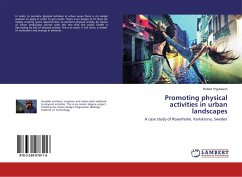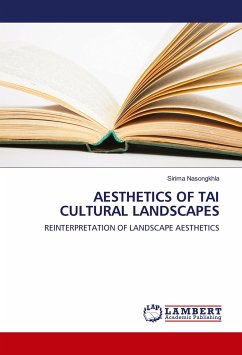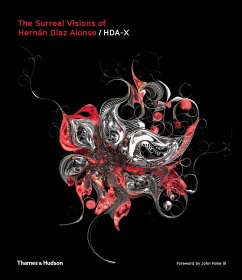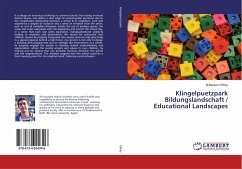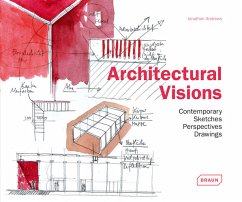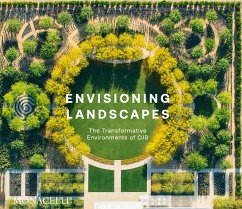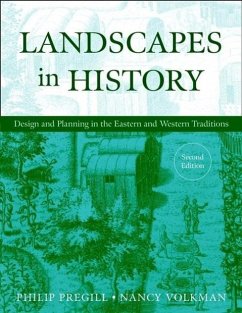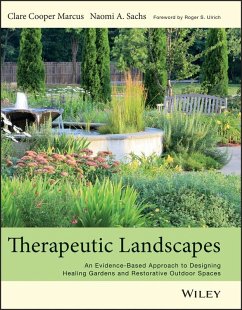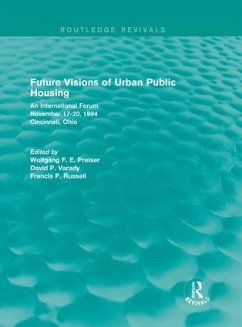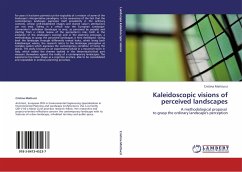
Kaleidoscopic visions of perceived landscapes
A methodological proposal to grasp the ordinary landscape's perception
Versandkostenfrei!
Versandfertig in 6-10 Tagen
52,99 €
inkl. MwSt.

PAYBACK Punkte
26 °P sammeln!
For years it has been pointed out the topicality of a revision of some of the landscape s interpretative paradigms, in the awareness of the fact that the contemporary landscape expresses itself prevalently in the ordinary contexts, whose well-established images and shared value s attributions can not exist. Taking in a critical way the European Landscape Convention s definition (landscape as area, as perceived by people) and starting from a critical review of the perception s role, both in the evolution of the landscape s concept and in the planning processes, a methodology to grasp the percei...
For years it has been pointed out the topicality of a revision of some of the landscape s interpretative paradigms, in the awareness of the fact that the contemporary landscape expresses itself prevalently in the ordinary contexts, whose well-established images and shared value s attributions can not exist. Taking in a critical way the European Landscape Convention s definition (landscape as area, as perceived by people) and starting from a critical review of the perception s role, both in the evolution of the landscape s concept and in the planning processes, a methodology to grasp the perceived landscapes is here developed. Giving back the landscape through differently rooted looks, which bring back kaleidoscopic visions, the research refers to the landscape perception as complex system which expresses the contemporary condition of living the places. The study is based on an experimental phase in a mountain-town in Italy, which makes the themes tackled in the theoretical-critical part measure themselves against the reality of a contemporary landscapes. The experience has taken shape as a cognitive practice, able to be consolidated and repeatable in ordinary planning processes.



